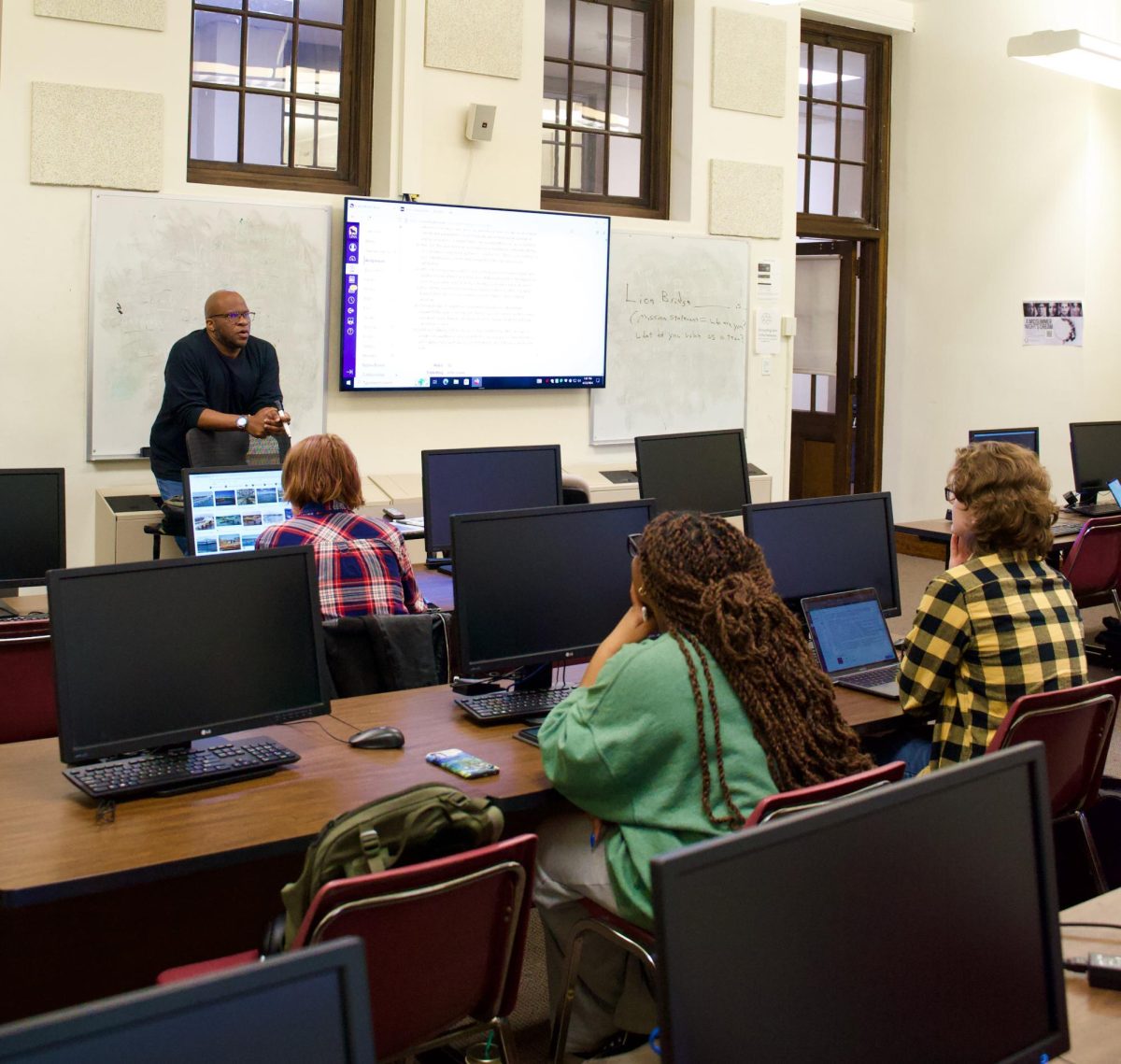On Jan. 25, at 8:25 p.m., Alabama completed the execution of Kenneth Eugene Smith in the world’s first case of execution by nitrogen hypoxia. Smith was convicted of capital murder and sentenced in 1996. In Smith’s sentencing, the judge presiding over the case overruled the jury to sentence him to the death penalty. His execution comes over a year after he survived a previous execution attempt in November 2022. The sentencing decision, previously botched execution attempt and the use of nitrogen hypoxia as an execution method has led to outcry from several groups across the world.
Nitrogen hypoxia involves the asphyxiation of the condemned through the use of nitrogen gas. The method has been approved for use only by a few states: Oklahoma, Mississippi and Alabama. Although becoming the last of the three to approve the method in 2018, Alabama has now become the first state to actually implement the method in practice.
More than three weeks prior to the execution, the United Nations Human Rights Office in Geneva released a press statement expressing concern over the then-upcoming execution. In addition to denouncing the continuation of the death penalty in the United States altogether, the statement expressed alarm regarding the possibility of the procedure violating several UN conventions that protect detainees from being given torturous punishments or subjected to medical or scientific experimentation. UN experts appealed to US authorities at both the State and Federal levels to stop the execution for a review of the execution protocol.
Alabama Attorney General Steve Marshall, in a press release immediately following the execution, said that the use of nitrogen gas was carried out as originally planned, and thus proven to be an “effective and humane method of execution.”
He reiterated this notion in a press conference the following day, saying, “As of last night, the use of nitrogen hypoxia as a method of execution is no longer an untested method; it is a proven one.” He went on to state that, not only have 43 other death row inmates in Alabama also opted for the use of nitrogen hypoxia for their own executions, but the State of Alabama is ready and willing to assist other states in their own implementation of the method.
“Alabama became the first state, not only to use this as a method of execution, but to use nitrogen in any experimental way to kill someone,” said Allison Mollman, interim legal director of the American Civil Liberties Union of Alabama. “Veterinarians don’t use nitrogen gas because they find it to be an inhumane method of killing animals, yet the State of Alabama still decided that this was the method that they wanted to go forward with.”
Lee Hedgepeth, an investigative journalist and eyewitness of the execution, stated that he witnessed Smith convulsing for several minutes before his movements slowed, eventually coming to a halt before he passed away. Other witnesses corroborate the fact that he did visibly struggle for several minutes during the procedure.
Mollman also said that despite the State of Alabama’s continual assertion that nitrogen hypoxia would lead to a painless execution, eyewitnesses have stated otherwise. “It wasn’t something that they expected to be a painful and torturous death,” she said. “What we saw, however, was a painful and torturous death.”
Mollman remarked that, under current Alabama law, the 58-year-old Smith would not have been on death row at all. When he was sentenced in 1996, Smith’s jury originally voted to give him a life sentence without the possibility of parole. Despite this, the judge of Smith’s case overruled the jury’s decision and sentenced him to death. At the time of his trial, this judicial override was legal. Since then, legislation has been passed to eliminate this power. In 2017, a bill sponsored by Representative Chris England removed the authority of judicial override from judges, making Alabama the last state in the US to do so.
At the time of this writing, the standard method of execution in Alabama is still lethal injection, unless the condemned otherwise requests the methods of nitrogen hypoxia or electrocution.


![Caleb Crumpton [COURTESY OF UNA SGA]](https://theflorala.com/wp-content/uploads/2024/07/caleb-crumpton-courtesy-of-SGA-850x1200.jpg)




